After a field experiment between 2013 and 2015, genetically modified mosquitoes are breeding in Brazil. According to the researchers’ original plan, all released mosquitoes and their offspring should have died.
An attempt to contain the populations of the yellow fever mosquitoAedes aegyptiin Brazil may have failed. It appears that gene mutations have been transferred to the local population.
The British companyOxitechad released about 450, 000 male mosquitoes every week in the city of Jacobinain the Bahia regionwith official permission over a period of 27 weeks. The experminet was designed to control the infectious diseases dengue, zika and yellow fever.
The gene modification called OX 513 A in the mosquitoes was designed in such a way that the first descendant generation of the mosquitoes, known as F1, would not reach the adult stage and thus not be able to reproduce.
Read more:Dengue fever: The small but lethal mosquito bite
Mosquito population collapsed during the trial period
The hope of the Ministry of Health was to reduce mosquito populations by 90 percent. And this worked well during the field trial. About 18 months after the end of the experiment, the mosquito population returned to what it had been before.
The gene modification of the released mosquitoes also produced a fluorescent protein that made it possible to distinguish the first F1 generation from other mosquitoes.
Researchers at Yale University have examined the mosquitoes found in the region for their genetic alterations one year after the release, as well as 27 to 30 months after the release.
They came to the conclusion that parts of the gene alteration had unexpectedly migrated into the target population of local mosquitoes.
Gene modification was passed on
In the different samples, between 10 and 60 percent of the mosquitoes carried corresponding changes in the genome. The study was published inNature: Scientific Reportson September 10.
If the field trial had taken place as originally predicted, the gene modification would not have been allowed to migrate into the mosquito populations because the offspring of the mosquitoes originally released would not have been able to reproduce.
However, it was already known from previous laboratory experiments that a small proportion of about three to four percent of OX 513 A descendants can reach adulthood; the scientists had assumed that those would be too weak to reproduce.
The authors of the study found that the GM mosquitoes were equally suitable as carriers of infectious diseases as the mosquitos were before the experiment.
Read more:Africa begins world’s biggest anti-malaria vaccine campaign
-

Distribution of mosquito-borne diseases
Distribution of the Anopheles mosquito – carrier of malaria
-

Distribution of mosquito-borne diseases
Distribution of dengue fever – caused by the Aedes mosquito
-

Distribution of mosquito-borne diseases
Distribution of Culex mosquito – carrier of the West Nile Virus
Critics take the floor
The Yale research team around Jeffrey Powell warns that the newly formed mosquito population could possibly be more robust than the
The authors conclude: “These results demonstrate the importance of having in place a genetic monitoring program during releases of transgenic organisms to detect unanticipated consequences”.
Biologists critical of genetic engineeri ng go one step further with their criticism, among them the Brazilian biologist José Maria Gusman Ferraz: “The release of the mosquitos was carried out hastily without any points having been clarified,” Ferraz told the newspaperFolha de S
The Munich-based research laboratoryTestbiotech,which is critical of genetic engineering, accuses Oxitec of having started the field trial without sufficient studies: “Oxitec’s trials have led to a largely uncontrollable situation,” CEO Christoph Then told the German Press Agency, dpa. “This incident must have consequences for the further employment of genetic engineering”, he demanded.
No Gene Drive experiment
The field trial in Brazil did not use the controversialGene Drivemethod, in which mosquitoes are given a very assertive gene that is always dominant during reproduction.
Researchers who experiment with Gene Drive in strictly isolated laboratories hope to eventually use the method to permanently eradicate entire mosquito populations. However, such experiments cannot be reversed and have therefore never been carried out in the open field.
Read more:Scientists weaponize mosquitoes in fight against dengue fever
-

Are there ‘ useless’ species on our planet?
‘What I am here for?’
It might come as a shock to anyone who loves pandas, but these lumbering black and white creatures are not the most practical for the ecosystem. Nothing and nobody eats them, they barely interact with other species and have a hard time reproducing. On a more positive note, they help spread the seeds of the bamboo they spend many hours a day chewing, and have become a public face for conservation.
-

Are there ‘useless’ species
Sleep , eat, repeat
Another beloved bundle of fluff that falls into the same category has to be the koala. Australia’s iconic marsupials spend more than 80 percent of their lives asleep, and the rest of the time eating eucalyptus. Like giant pandas, they don’t feed on any other creatures and none seem to have acquired a taste for them. They don’t even spread eucalyptus seeds. But they are pretty cute.
-

Are there ‘useless’ species on our planet?
Buzz off
This fly might be welcome at the wasp’s dinner of strawberry jam, but as a species they’re not universally loved. On the contrary. We dislike their buzz, tasteless passion for feces, and ability to spread disease. That said, they can actually be useful. Apart from being spider food, some of the more than 110, 000 fly species pollinate flowering plants.
-

Are there ‘useless’ species on our planet?
Bothersome bloodsucker
Imagine a beautiful summer sunset – and now the swarm of mosquitoes ready to suck your blood. As with flies, we would all be happier living in a mosquito-free world, especially since they can transmit deadly diseases. But mosquitoes are a main source of food for birds, fish and mammals. And even if we did wipe out most of the mosquitoes, scientists believe new breeds would soon replace them.
-

Are there ‘useless’ species on our planet?
Worthy wasps?
We might like to think of wasps as the useless, often aggressive cousins of bees. But that’s not the real story. Wasps are great pest fighters, preying on insects and parasites that wreak havoc on crops – sometimes by being particularly nasty and laying their eggs inside them, as they do with some caterpillars. They also pollinate plants and flowers as they feed on nectar.
-

Are there ‘useless’ species on our planet?
Eat and be eaten
OK, what about ticks and fleas? Apart from sucking blood, they’re totally useless, right? In fact, some species of reptiles and birds feed on the insects, thereby benefiting from the blood they’ve sucked up from larger animals. And because they spread diseases, they help control wild animal populations. Their role might not sound pretty, but they do seem to have a purpose in life.
-

Are there ‘useless’ species on our planet?
Are we the most useless species?
It’s clear that most, if not all species on this planet have earned their place – even the annoying ones. But there’s one species we’re forgetting, and that’s ourselves. If there were a prize for Earth’s most useless species, humans should definitely be in the running. After all, there’s one thing no other species does better than us: devastate nature.
Author: Irene Banos Ruiz



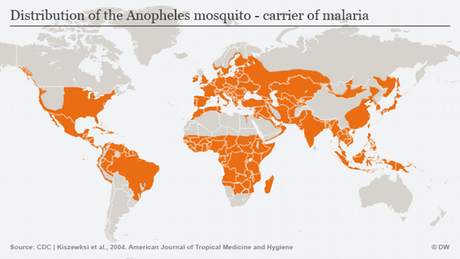
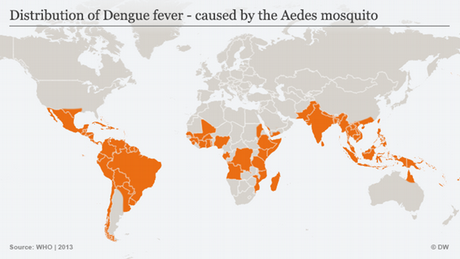
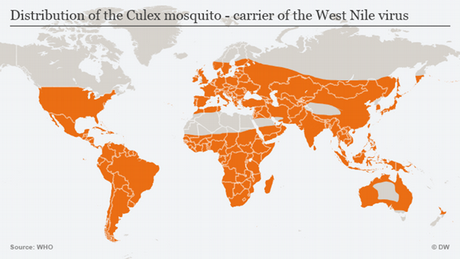
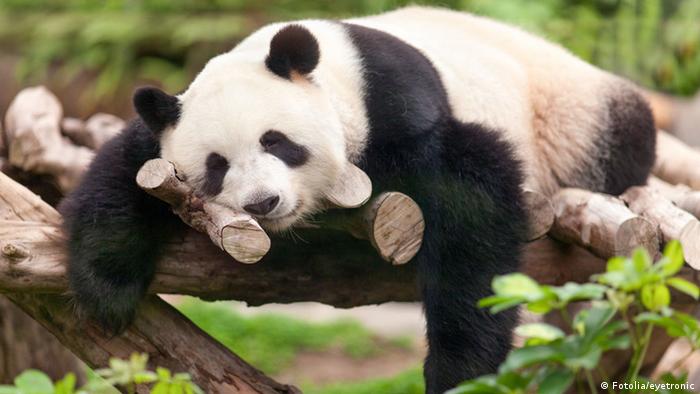

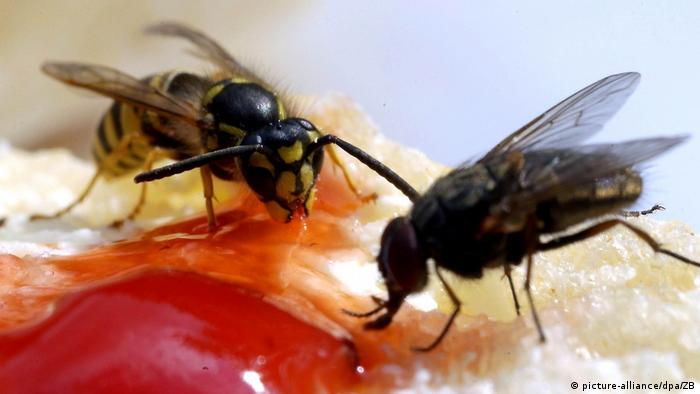
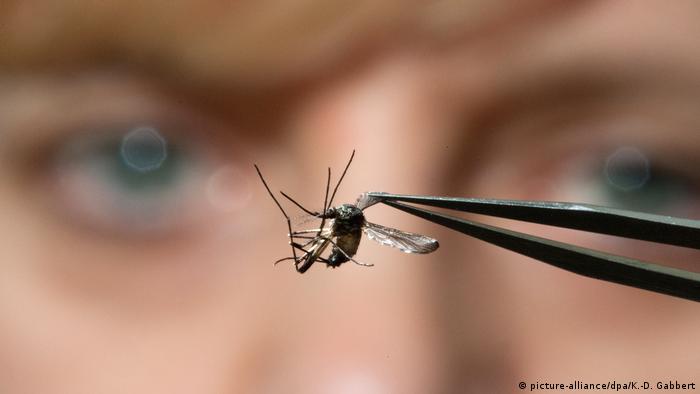
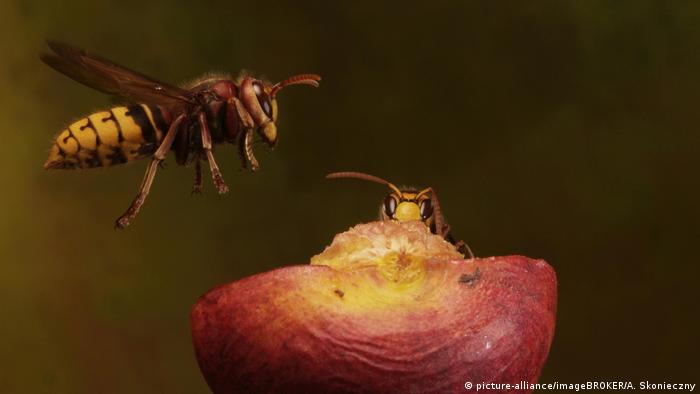
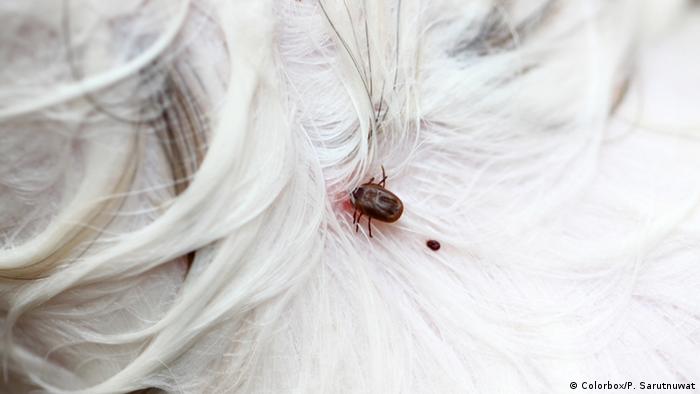





GIPHY App Key not set. Please check settings